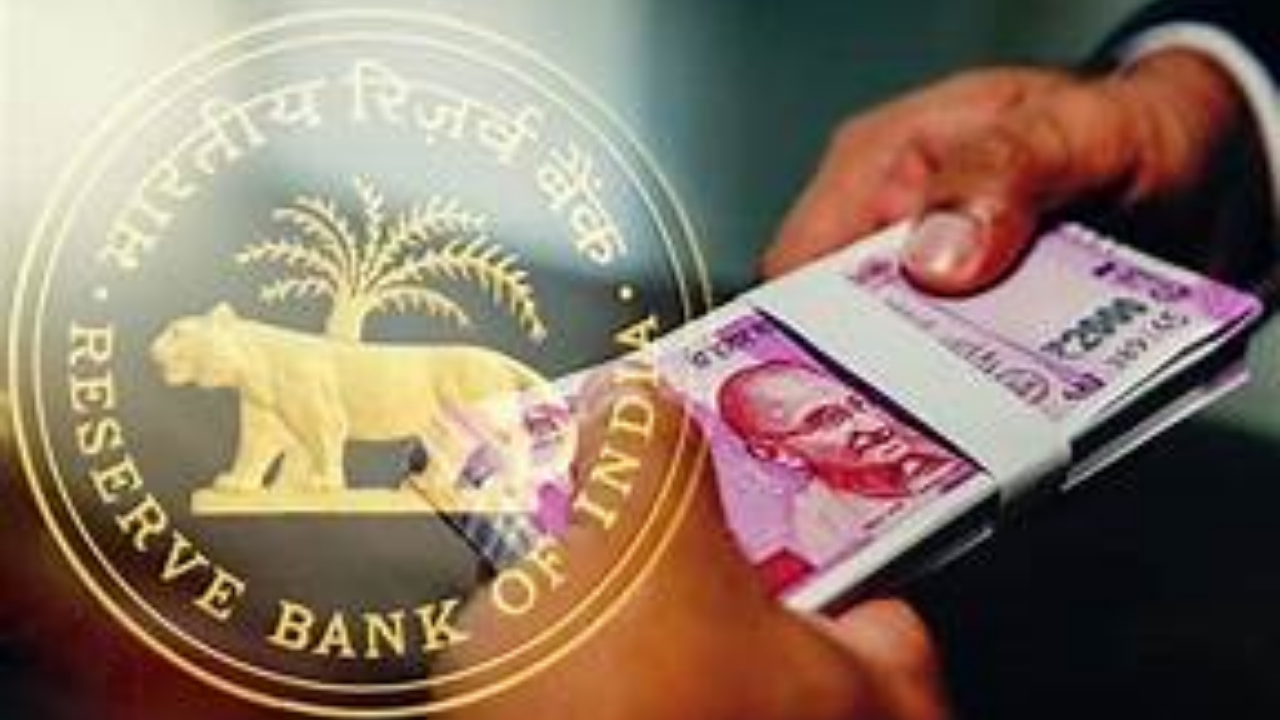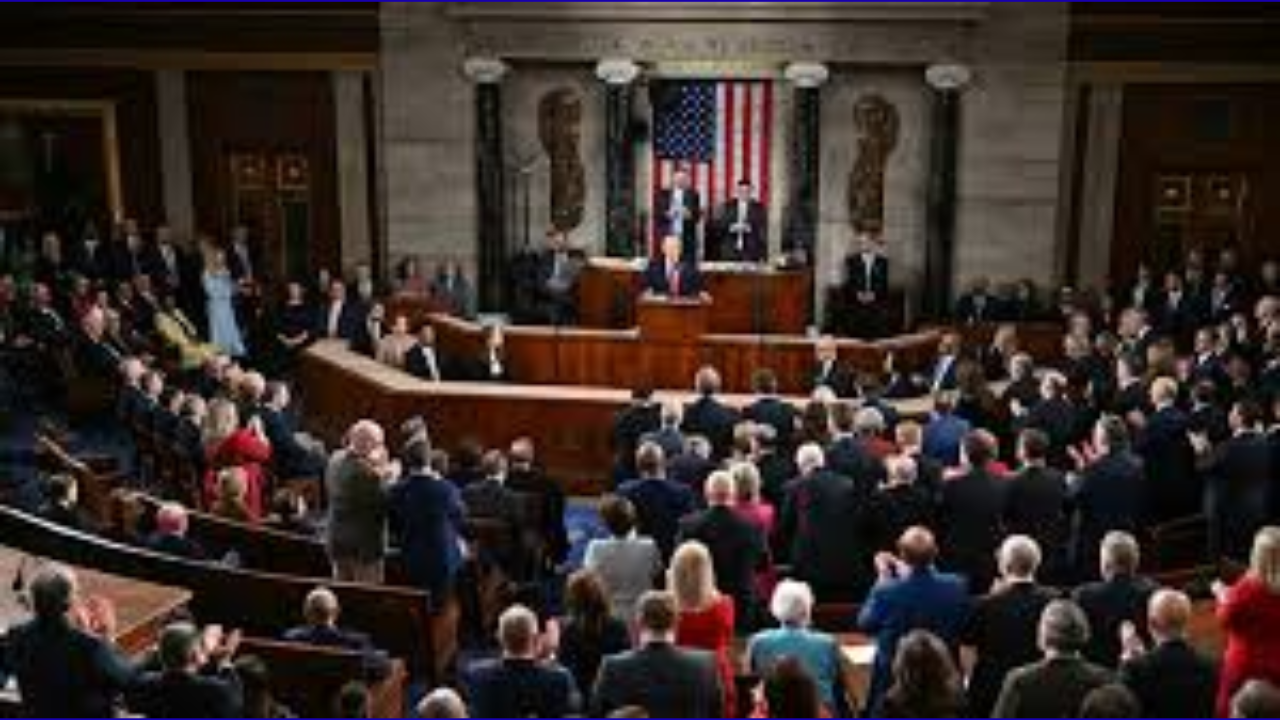The Reserve Bank of India (RBI) has announced a significant policy change set to take effect from January 1, 2026, that will eliminate prepayment charges for many. This move is a game-changer, especially for those with floating rate home loans and other floating rate advances.
Thank you for reading this post, don't forget to subscribe!Who Benefits Most?
The primary beneficiaries are floating rate loan borrowers, including individuals with home loans and Micro and Small Enterprises (MSEs). If you have a floating rate loan sanctioned or renewed on or after January 1, 2026, you won’t have to pay any fees if you decide to pay off your loan early, whether in part or full. This applies regardless of where the prepayment funds come from or if there’s a lock-in period.
For business-purpose loans to individuals and MSEs, commercial banks generally won’t levy prepayment charges. However, there are some exceptions: Small Finance Banks, Regional Rural Banks, and certain cooperative banks and NBFCs have specific rules, but many will still offer this benefit for loans up to ₹50 lakh.
Why the Change?
The RBI observed that various lenders were using inconsistent practices and often imposing high prepayment charges. This led to customer grievances and disputes, and some lenders even added clauses to discourage borrowers from switching to competitors offering better interest rates or services. By removing these charges, the RBI aims to:
- Standardize lending practices across regulated entities (REs) like banks and NBFCs.
- Boost transparency and fairness in the loan market.
- Empower borrowers to switch lenders more easily to get better terms.
What About Other Loan Types?
- Fixed-Term Loans: While floating rate loans are the main focus, if a lender does charge prepayment fees on fixed-term loans, they must be based on the amount being prepaid.
- Cash Credit/Overdraft Facilities: No prepayment charges will apply if you inform your lender in advance that you don’t intend to renew the facility and close it by the due date. If charges are levied for early closure, they cannot exceed the sanctioned limit.
Other Important Safeguards
The RBI has also introduced rules to protect borrowers in other scenarios:
- Lender-Initiated Prepayment: If your lender asks you to prepay your loan, they cannot levy any charges.
- Retrospective Charges: Lenders cannot retroactively apply charges or fees that they had previously waived.
- Transparency in KFS: All rules regarding prepayment charges must be clearly disclosed in your loan sanction letter, agreement, and especially in the Key Facts Statement (KFS). If a charge isn’t mentioned in your KFS, your bank cannot levy it.
This is a significant step towards greater consumer protection and flexibility in the Indian lending landscape.
















